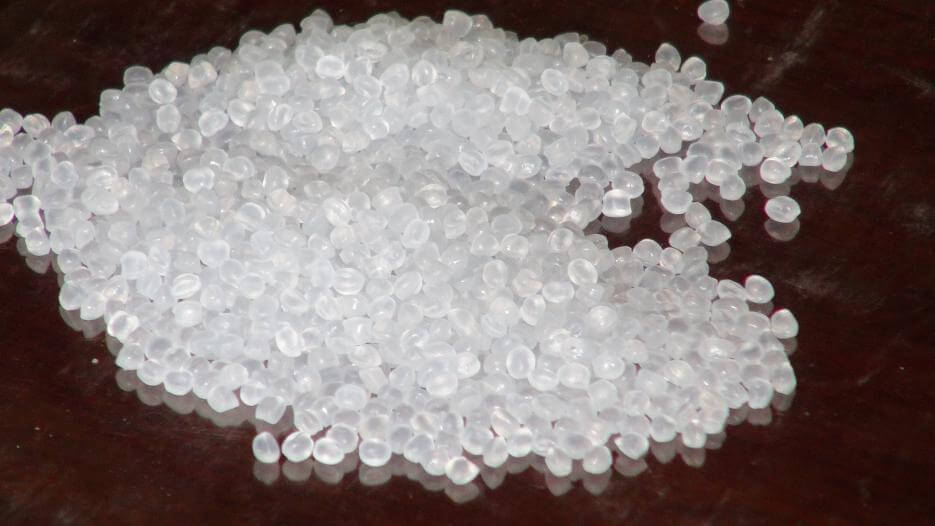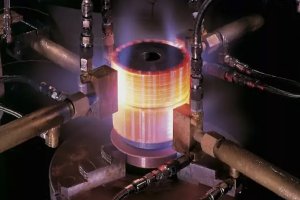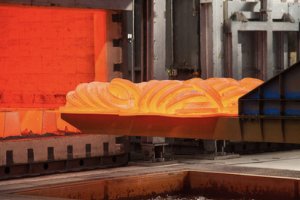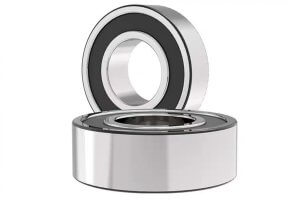Title: Understanding the Different Types of Plastic for CNC Machining
Introduction CNC machining, a revered and precise manufacturing process, is not limited to metals and alloys. Plastics, with their versatile properties, have become a staple in CNC machining, offering unique advantages in various applications. This article delves into the world of plastics in CNC machining, highlighting the different types of plastics used and their distinctive characteristics.
What is CNC Machining of Plastics? CNC (Computer Numerical Control) machining of plastics involves the precise removal of material from a plastic workpiece using computer-controlled tools and machinery. This process is ideal for creating intricate and detailed parts with high precision. The adaptability of CNC machines allows them to shape a wide range of plastics, each catering to specific requirements of strength, flexibility, heat resistance, and more.
Advantages of Using Plastic in CNC Machining
- Lightweight Nature: Plastics are significantly lighter than metals, making them ideal for applications where weight is a critical factor.
- Corrosion Resistance: Unlike metals, many plastics are resistant to corrosion and chemicals, enhancing their durability in harsh environments.
- Electrical Insulation: Several plastics are excellent insulators, making them suitable for electrical and electronic components.
- Cost-Effectiveness: Generally, plastics are less expensive than metals, reducing the overall cost of production.
Types of Plastics Used in CNC Machining
- ABS (Acrylonitrile Butadiene Styrene): Known for its toughness and impact resistance, ABS is widely used in automotive, consumer goods, and electronic housing applications.
- Polycarbonate (PC): Renowned for its high impact strength and transparency, PC is commonly used in making protective gear, eyewear, and medical devices.
- Polyethylene (PE): With its low friction coefficient and high chemical resistance, PE is perfect for industrial components and food processing parts.
- Polypropylene (PP): Noted for its excellent chemical resistance and elasticity, PP is often used in automotive parts, containers, and living hinges.
- POM (Polyoxymethylene): Also known as Acetal or Delrin, POM is known for its high stiffness, low friction, and excellent dimensional stability, making it ideal for precision parts in mechanical applications.
- PTFE (Polytetrafluoroethylene): Commonly known as Teflon, PTFE is valued for its high heat resistance and non-stick properties, often used in high-temperature and non-stick applications.
- Nylon (Polyamide): Distinguished by its wear resistance and strength, Nylon is a go-to material for gears, bearings, and structural components.
Choosing the Right Plastic for Your CNC Machining Project The selection of the appropriate plastic material depends on the specific requirements of your project. Consider factors like mechanical strength, heat resistance, electrical insulation, and chemical compatibility. For instance, choose ABS for parts requiring toughness and PC for components needing clarity and impact resistance.
Conclusion Plastics offer a diverse range of properties that can be harnessed in CNC machining for various applications. From automotive to aerospace, the flexibility and adaptability of plastics make them an excellent choice for many industries. When selecting a plastic for CNC machining, it’s crucial to consider the material’s properties in relation to the project’s requirements. With the right choice, CNC machined plastic parts can deliver performance, durability, and cost-efficiency, fulfilling the demands of modern engineering and design.
Other Articles You Might Enjoy
- Understanding Bead Blasting in CNC Machining(types of rivets Jocelyn)
CNC (Computer Numerical Control) machining has revolutionized the manufacturing industry, providing precision and efficiency to what was once a labor-intensive process. One of the many techniques used within CNC machining…
- Custom CNC Machining for High-Tech Security Systems
Introduction to CNC Machining for High-Tech Security Systems Custom Computer Numerical Control (CNC) machining plays an integral role in the production of high tech security systems. It is a manufacturing…
- Tool Steel Grades for CNC Machining: D2 vs. A2 - A Comparative Study?
Introduction to CNC Machining and Tool Steel CNC machining, or computer numerical control machining, is a manufacturing method that employs pre-programmed software to direct the activity of factory tools and…









